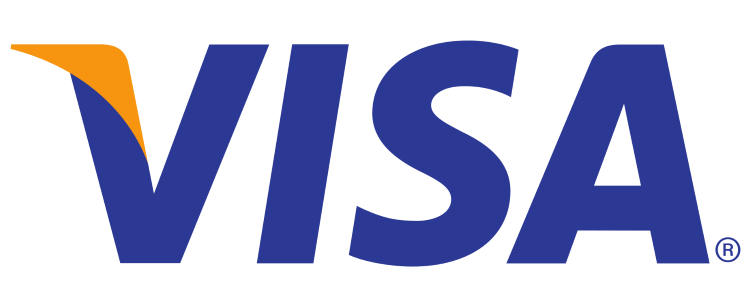
By Lynne Marek, Lead Editor
Visa is extending a stablecoin experiment to include new partners, including the blockchain Solana as well as merchant processors Worldpay and Nuvei, the card network company said in a Tuesday press release.
The card network said it has already tapped the Solana blockchain, along with its prior partner Ethereum, to settle millions of USD Coins in fiat currencies via its VisaNet cross-border system. USD Coin is a stablecoin backed by the US dollar and its standards were developed by Centre Consortium.
The new effort will extend work that Visa began in 2021 to settle transactions with a digital stablecoin via the cryptocurrency Ethereum and the Crypto.com platform. San Francisco-based Visa, which operates the largest US credit card network, aims to modernize cross-border payments by delving into digital currencies, and seeking to make those money movements faster and cheaper.
“By leveraging stablecoins like USDC and global blockchain networks like Solana and Ethereum, we’re helping to improve the speed of cross-border settlement and providing a modern option for our clients to easily send or receive funds from Visa’s treasury,” said Visa’s Crypto Head Cuy Sheffield said in the release.
While the card networks had raced in several years ago to explore the crypto world, their interest had seemingly cooled over the past year as the Securities and Exchange Commission ramped up its investigations of crypto players. In June, the SEC sued two major crypto exchanges, Coinbase and Binance. Visa’s new partnerships in the area suggest that the payments world still sees opportunity with blockchain technology, especially for cross-border payments and commerce.
By locking arms with major merchant acquirers Worldpay and Nuvei, Visa helps to draw merchants from a range of industries into its channels for processing digital payments. Specifically, the card company called out on-ramp crypto providers, gaming operators and NFT marketplaces as possibly preferring to transact in stablecoins for the card payments they accept. Visa is also working with Circle, which was a co-founder of Centre Consortium along with digital platform operator Coinbase in 2018. Centre Consortium is the governance entity for USDC.
With Nuvei and Worldpay in its orbit, Visa uses its own Circle account to settle payouts in USDC to Worldpay and Nuvei, which in turn route the merchants. The card network is also partnering with multiple card issuers for its work in the stablecoin arena.
“Visa’s USDC settlement capability enables Worldpay to bring more of our treasury operations in-house and allows us to offer merchants more choices for receiving funds,” Worldpay President Jim Johnson said in the release. “Diversifying funding options and increasing flexibility is critical to serving the changing needs of global merchants in today’s rapidly evolving commerce landscape.”
Worldpay is wading into the stablecoin universe just as it’s in the process of being sold, in part, by parent company Fidelity National Information Services. Earlier this year FIS sold a controlling stake in the company to Chicago private equity firm GTCR.
Visa brought Solana into the mix because it allows for sending and receiving stablecoins at “higher speed and lower costs,” the release said. Visa noted that with the addition of Solana, it becomes one of the first major payments players to use Solana for live settlement.



